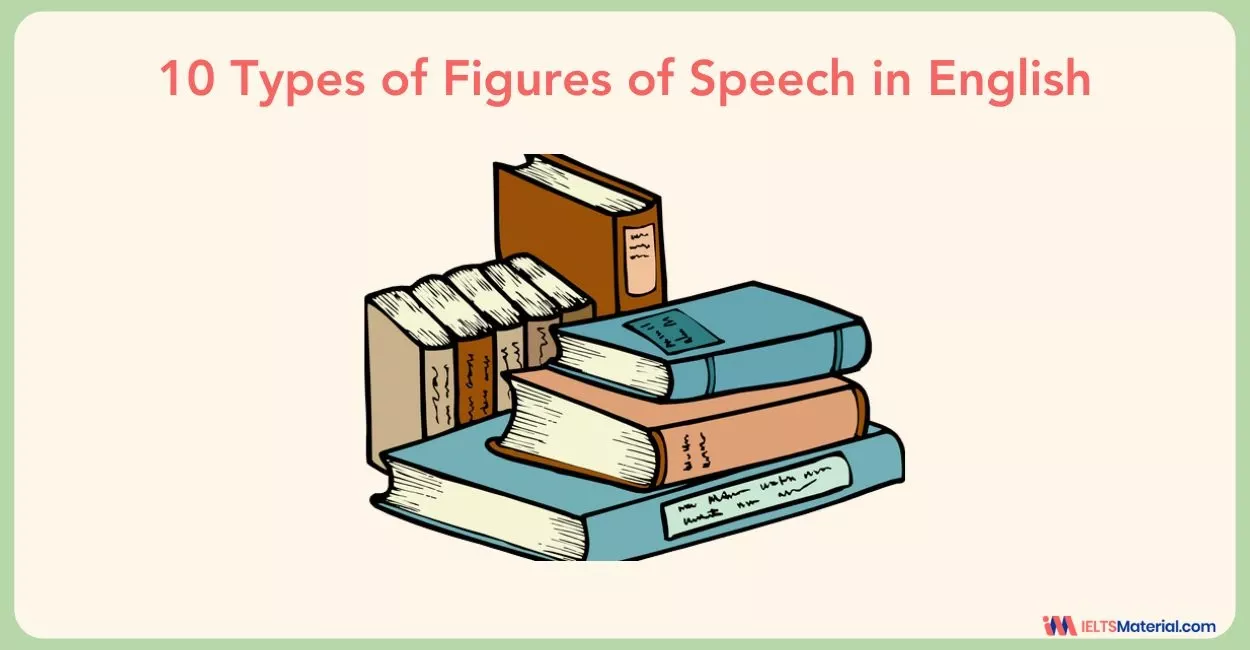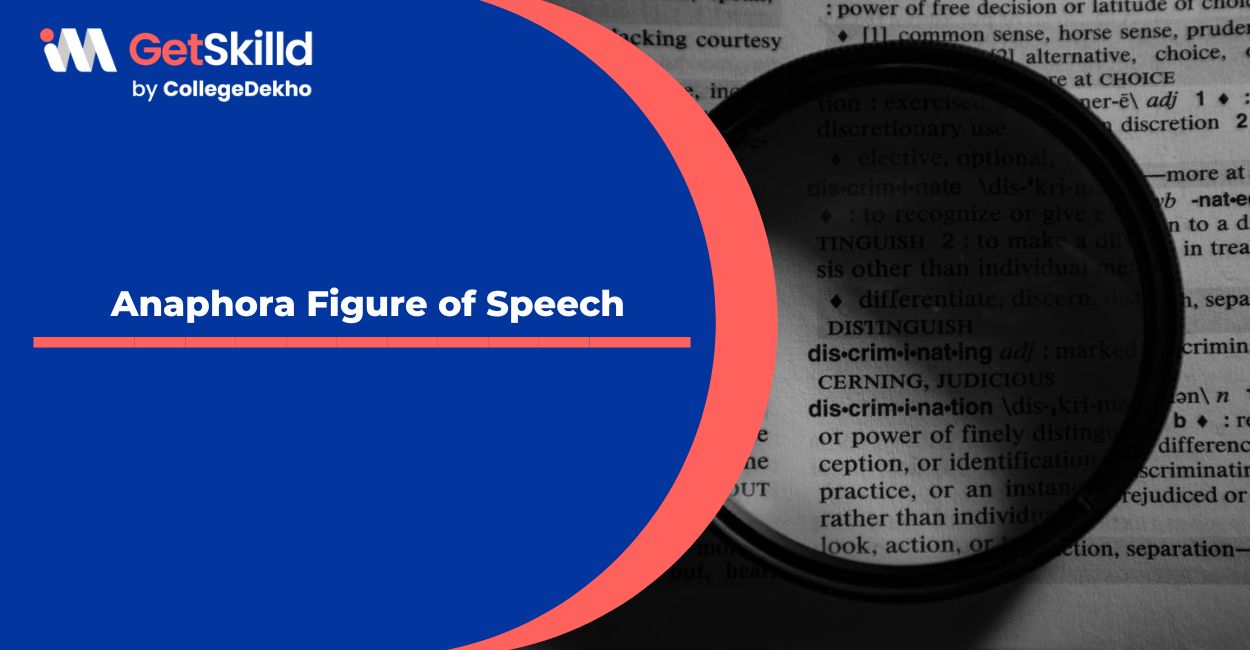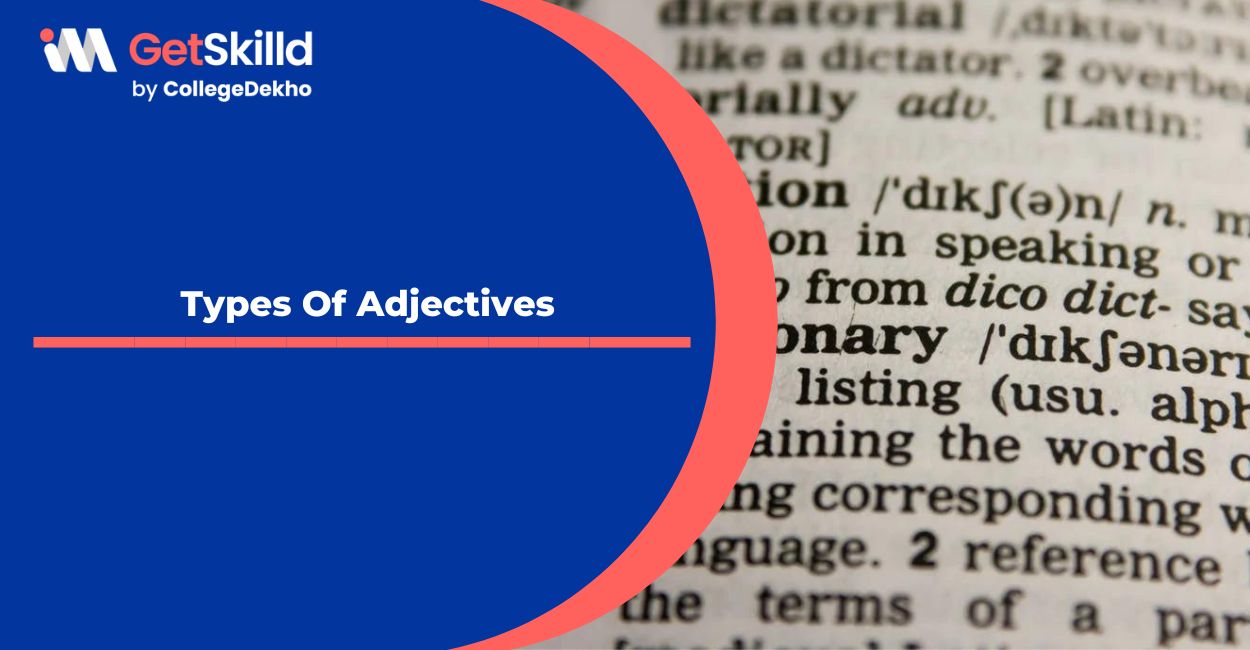Types Of Adjectives – 8 Adjectives Types to Know
4 min read
Updated On
-
Copy link
Table of Contents

Limited-Time Offer : Access a FREE 10-Day IELTS Study Plan!
What is an adjective?
That’s a beautiful song. You might have said this after listening to a song you heard for the first time, and you know what? You just used an Adjective here.
So, What is an adjective? and what are types of adjectives ?
An adjective can be identified as a word that describes a noun’s properties, qualities, or number. Or in other words, an adjective is a concept that adds artistic beauty or some meaning to a sentence. To give some examples, descriptive words such as “beautiful,” “soft,” or “heavy” are all adjectives, and so are numbers (“7 wonders”).
Types of adjectives
There are 8 main types of adjectives in English Grammar. Let’s go through each one of them:
Descriptive adjectives
Descriptive adjectives refer to the quality of a person or thing. For example, in the sentence,
He was sitting next to a tall woman.
The monkeys were very noisy.
Tall and Noisy are considered examples of adjectives that fall under Descriptive adjectives.
Descriptive adjectives can be divided into three kinds for a better understanding:
- Simple Adjectives: Simple Adjectives are the types of descriptive adjectives that serve to express quality. This type of adjective describes feelings and emotions, the taste and appearance of something.
Some examples of adjectives that can be called Simple Adjectives are: Alive, Wild, and Lazy. - Compound adjectives: Compound adjectives combine two words to create a descriptive adjective. Two words are usually joined by a hyphen.
Some examples of Simple Adjectives are Baby-faced, Left-handed, etc.
- Perfect adjectives: To simply put, nations, regions, and religions are common qualities described by proper adjectives. Perfect adjectives are explained in detail down below with examples.
For example, In the sentence, ‘ I admire Indian food’, Indian is an example of a perfect adjective.
Likewise, In the sentence, ‘ That is a Hindu ritual ’, Hindu is an example of a perfect adjective.
Numeral Adjectives
Numeral Adjectives are those that indicate how many people or things are represented. This adjective refers to a numerical value. E.g., Eight, less, second, easy, etc.
They are divided further into two types, i.e., Definitie Numeral adjectives, Indefinite Numeral adjectives, and Distributive Numeral adjectives.
- Definite Numeral adjectives are used to express specific numbers. These adjectives are again divided into two types:
Cardinal adjectives provide numbers directly in a sentence, like 1, 2, 3, etc.
Ordinal adjectives provide the place to mention the position of numbers like
first, second, third, etc.
- Indefinite Numeral adjectives do not provide the exact number of objects because it provides the information. For example, in the sentence, ‘All students are present in the classroom,’ All is an indefinite adjective.
- Distributive Numeral adjectives include words like each, what, and every that are used to distribute things or other things.
Quantitative Adjective
Quantitative Adjectives are used to determine a noun (person or object) and its quantity in a sentence. Consider the following sentences:
- Michael owns two sports cars.
The word “two” in the above sentence refers to the number of cars that Michael owns. So the number is the number of cars he owns. The word “sports cars” here is a noun described. Used here to set the number of cardinal numbers.
- Raju invested some money this month.
In the above sentence, the word “some” describes the amount of money saved for his investment. Here, “money” is the noun that is being described.
Demonstrative Adjective
Demonstrative Adjectives are adjectives that show the person or thing they are pointing to.
As an example, consider the given sentences where Demonstrative Adjective are used with respect to the distance they point to:
This (Singular): This building is very beautiful. (near)
That (Singular): That building is very beautiful. (far)
These (Plural): These buildings are very beautiful. (near)
Those (Plural): Those buildings are very beautiful. (far)
Interrogative Adjectives
Interrogative Adjectives are the type of adjectives that are used with nouns to ask questions. Some examples of adjectives that fall under the interrogative type of adjectives can be understood from the following sentences from the words written in bold:
Whose book is this?
Where have they gone?
How long do you think?
In the above sentences, the words “Whose,” “Where,” and “How” are used to raise questions, and thus they can be called Interrogative adjectives.
Possessive Adjectives
Possessive Adjectives are the type of adjective that is used to express who owns something. Some examples of sentences using Possessive adjectives are as follows:
This book is mine
These are all my creations, not hers
In the above two sentences, mine and hers are used to refer to someone who actually possesses the ownership of their belongings.
Proper Adjectives
Proper adjectives are the adjectives that are used to describe the right person, thing, animal, or object. As an example, in the sentence,
“I love Indian Dishes” Indian is an example of a proper adjective
with the adjective “Indian” used to describe the country of India. Also, both adjectives and nouns (Dishes) have capital letters.
Exclamatory Adjectives
Exclamatory Adjectives are the types of adjectives that are often used to express strong emotions like shock or surprise. The two most common exclamatory adjectives are “what” and “how.” We usually use “what” as an interrogative adjective, but here it acts as a feeling of surprise rather than a question. Consider the following sentence:
What a movie!
In this sentence, ‘what’ acts as an exclamatory adjective.
By now, you must be familiar with the types and examples of adjectives. We can see that from the adjective examples that we discussed, many adjectives precede a noun or are accompanied by a connecting verb (such as felt, seen, or appear. As you have learned some adjective examples, and if you like it, learn more such concepts during Communication with GetSkilld English communication courses.

Start Preparing for IELTS: Get Your 10-Day Study Plan Today!
Recent Articles

Kasturika Samanta

Kasturika Samanta

Kasturika Samanta

Prity Mallick




Post your Comments